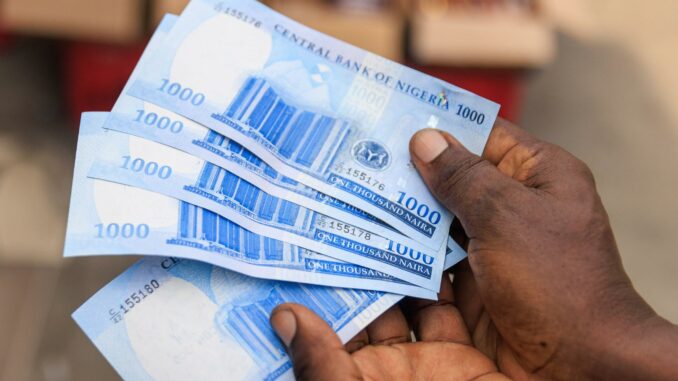
Nigeria’s Minister of Finance and Coordinating Minister for the Economy, Wale Edun, announced on Monday, June 23 that federal revenue rose to N6.9 trillion in the first quarter of 2025, a 40% increase from N5.2 trillion in the same period last year.
Speaking during a citizens and stakeholders’ Forum in Abuja, Edun credited the surge to increased transparency, exchange rate reforms, and improvements in revenue collection systems. He highlighted that the government has reduced its debt service-to-revenue ratio from 150% to 60%, with no resort to central bank overdrafts, indicating enhanced fiscal discipline and credibility.
Edun also emphasised the government’s focus on economic stability, noting a rise in investor confidence driven by policy consistency and reforms. He cited Shell’s \$5.5 billion investment in oil production as a testament to renewed confidence in Nigeria’s economy. The minister outlined the administration’s broader goals of stimulating growth in agriculture, manufacturing, and services, with an aim to lift GDP growth to around 7%—a level necessary to outpace population growth and reduce poverty. He affirmed that efforts to tackle inflation and promote macroeconomic stability remain a top priority.
Meanwhile, Dr Armstrong Takang, CEO of the Ministry of Finance Incorporated (MOFI), announced that assets under management have grown to N38 trillion, based on preliminary reviews of just 20 public enterprises. MOFI’s strategy rests on three pillars: enhancing asset visibility, professionalising state-owned enterprises, and attracting capital through transparent, de-risked investment opportunities. Takang unveiled the development of a National Asset Register, soon to be publicly accessible, which will detail federal asset values and ownership—marking a significant milestone in public finance transparency and asset governance.
